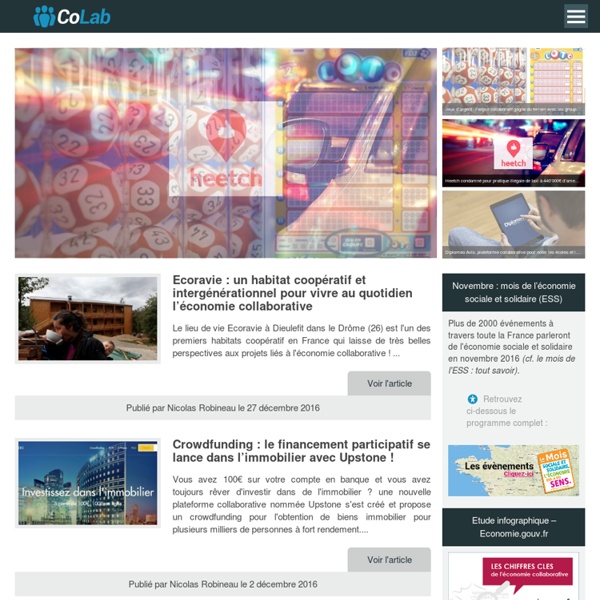



Esther Wojcicki: Finding Open Education Resources (OER), Some New Search Options One very useful tool for all educators is the Open Courseware Consortium search engine that allows users to search for Open Education Resources (OER) at the university level easily. If you are a K-12 educator or parent, here is a very useful search engine for K-12 OER materials. Easily is the key because frequently resources that seem to be open are not Creative Commons licensed and cannot remixed or shared. Thus, a teacher can use the resource but not modify it to meet their individual student needs or share it. Easily also means you can find them easily.
Media Lab: The Cognitive Limit of Organizations This is a slide that I got from Cesar Hidalgo. He used this slide to explain a concept that I think is key to the way we think about how the Media Lab is evolving. The vertical axis of this slide represents the total stock of information in the world. The horizontal axis represents time. List of Challenges How might we gather information from hard-to-access areas to prevent mass violence against civilians? USAID, Humanity United and OpenIDEO have partnered to pursue ways to prevent mass atrocities – that is, deliberate mass violence against civilians. Examples of mass atrocities include genocide, ethnic cleansing and mass rape. Often the perpetrators of these crimes try to conceal their actions – barring journalists and humanitarian organisations from entering the area, blocking internet and mobile access, etc. How might we better listen and respond to the needs of of victims in these situations even though physical access may be limited? How can we help gather information from these regions, given the challenges of actually being on the ground?
Project of How → Methods Feedback Group members Time available Categories Select ideas1-8 people5-15 min Generate ideas1-30 people2-60 min Exercises, Generate ideas1-4 people5-20 min Generate ideas1-4 people10-30 min Generate ideas2-6 people20-60 min Exercises, Generate ideas, Group dynamics30-45 min Exercises, Generate ideas, Structure projects2-6 people20-120 min Exercises, Generate ideas4-40 people15-60 min Generate ideas, Select ideas1-10 people10-30 min Exercises, Generate ideas2-1000 people Exercises, Group dynamics4-40 people10-60 min Exercises, Group dynamics4-40 people10-90 min Exercises, Group dynamics3-10 people30-90 min Group dynamics2-12 people20-60 min Generate ideas, Structure projects1-12 people15-45 min Generate ideas, Group dynamics1-20 people1-500 min Exercises, Generate ideas1-6 people10-30 min Exercises, Generate ideas2-15 people5-25 min Generate ideas1-15 people10-30 min